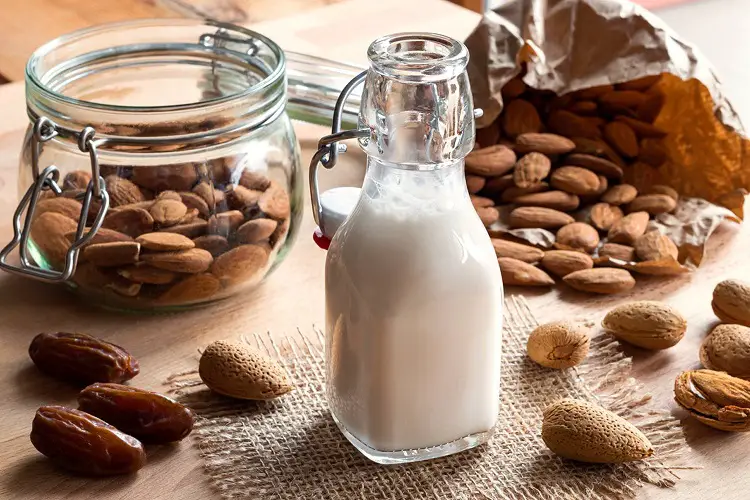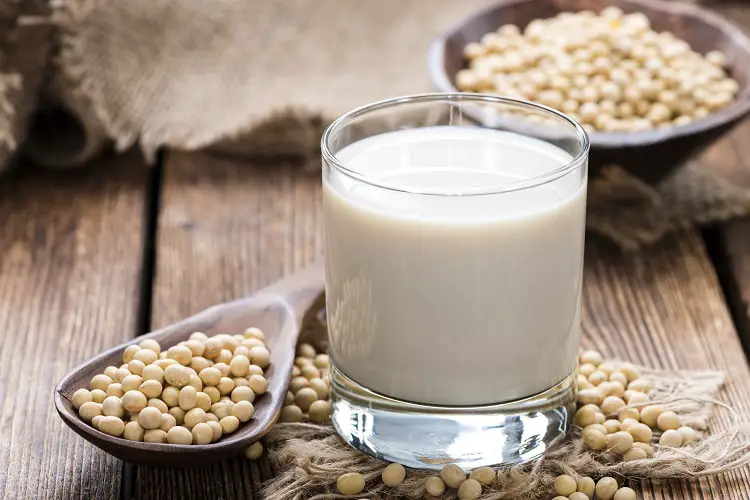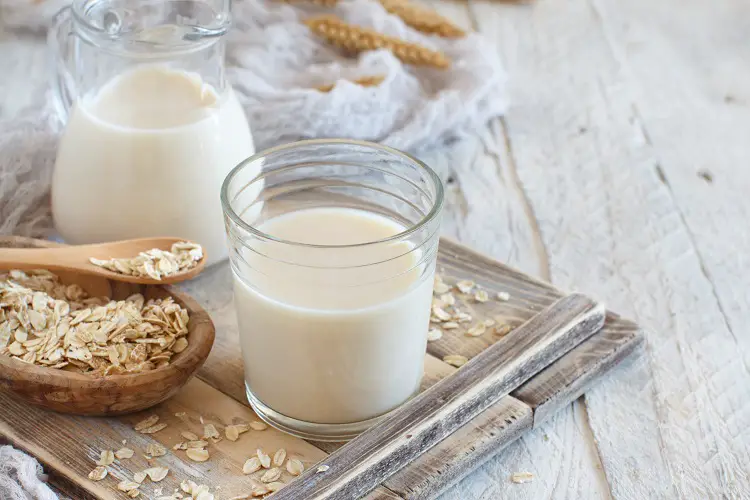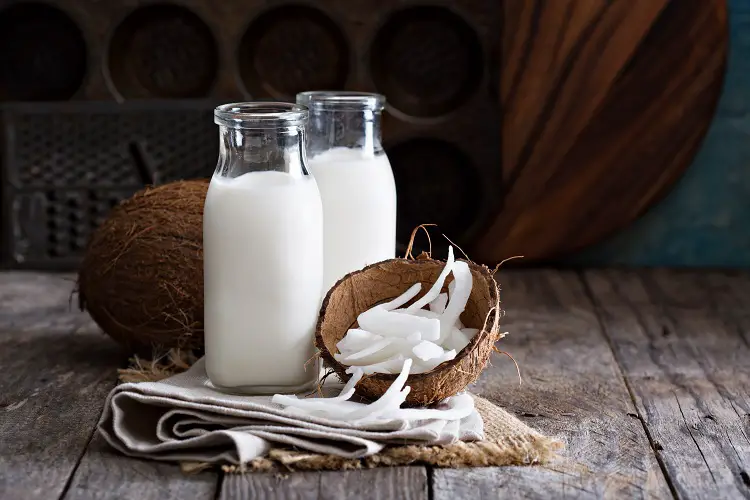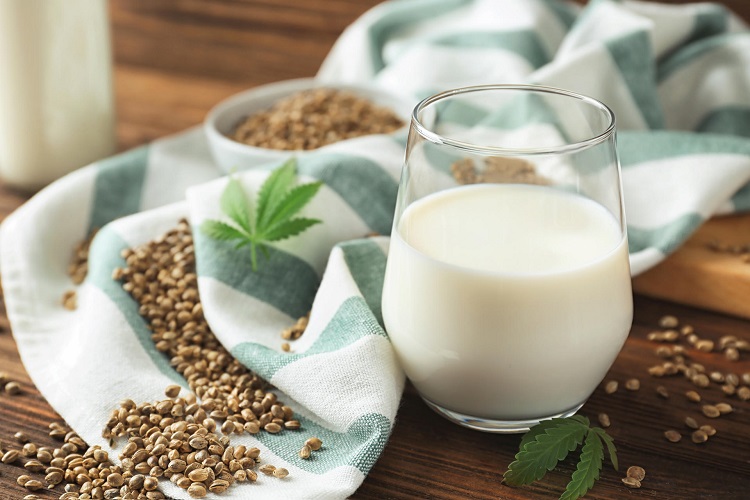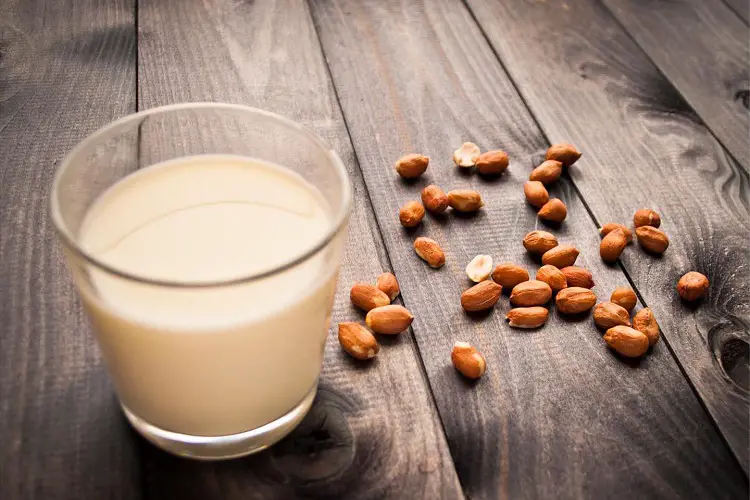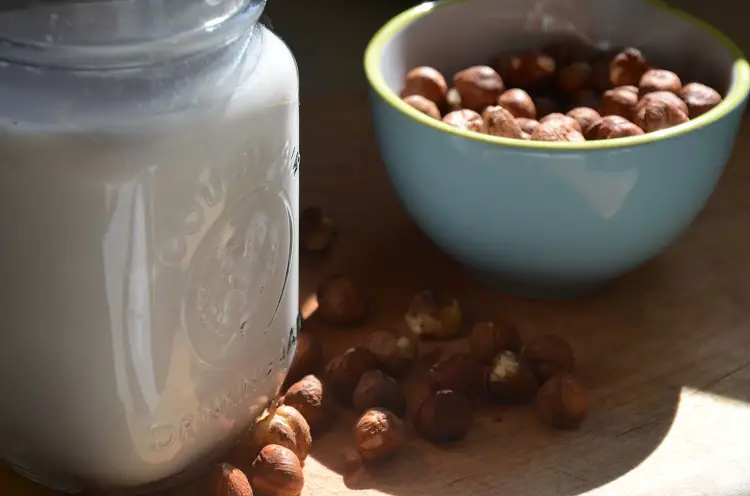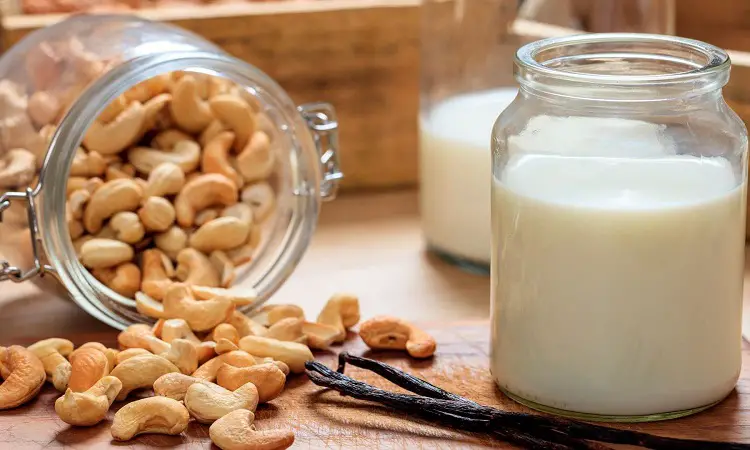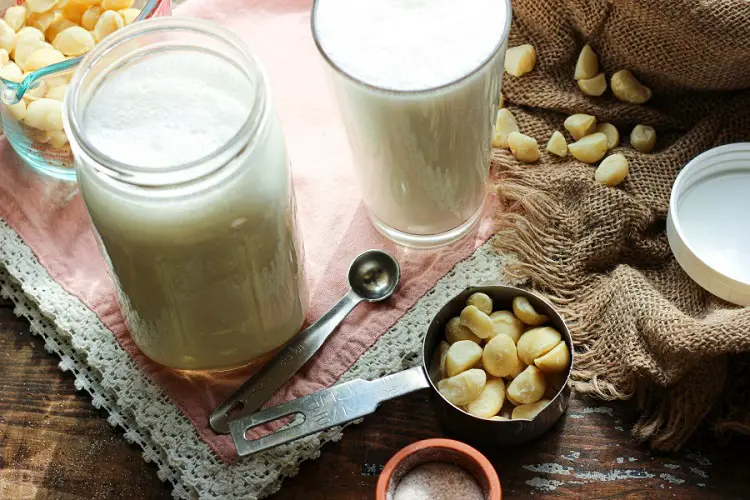There’s nothing like a hot cup of coffee in the morning to wake you up and start your day. And if you’re looking for extra creaminess and sweetness, adding milk is a great way to go. But what if you’re lactose intolerant or trying to avoid dairy milk?
Plant milk is a great non-dairy milk alternative, and there are various options to choose from, such as soy, almond, oat, and others.
The good news is that almost every coffee shop offers milk alternatives these days – all you have to do is ask.
In the following article, we will discuss the various alternatives to dairy milk and which is the best to add to your coffee. Let’s go!
Which Milk is Good for Coffee?
For many coffee drinkers, the perfect cup of joe starts with high-quality milk. For some, making latte art or just plain adding steamed milk is fun. But what exactly makes milk an excellent addition to your morning coffee?
First and foremost, it should be fresh. Milk that’s been pasteurized and homogenized will have a longer shelf life, but it won’t taste as rich and creamy as milk that’s straight from the cow.
Second, the fat content is essential. Whole milk will give your coffee a richer flavor, while skim milk will produce a lighter-tasting cup.
And finally, milk that’s been designed explicitly for coffee (often called “barista milk”) is often treated to minimize foaminess and separation when mixed with hot coffee.
For the perfect milk for your morning cup of joe, make sure it’s fresh, fatty, and designed for coffee brewing.
Best Plant-based Milk for Coffee
You’ll be surprised at how many plant-based, non-dairy milk alternatives exist. Let’s go over some of the most popular choices.
Almond milk
Almond milk is one of the most popular alternatives to dairy milk as it’s lactose-free and vegan. It’s also a good source of calcium and vitamin D, making it a nutritious addition to your coffee.
There are many reasons why almond milk is a great non-dairy milk alternative for coffee. The top three are:
- Creamy texture similar to dairy milk, making it ideal for lattes and cappuccinos.
- A mild flavor that will not overpower the taste of your coffee.
- High in calcium and vitamin D, both of which are essential nutrients.
Lastly, unsweetened almond milk is available on the market if you’re trying to cut back on sugar.
Soy milk
Soy milk is a type of plant-based milk made from soybeans. It is a popular choice for coffee drinkers because of its creamy consistency and mild flavor, which does not overpower the taste of coffee.
Soy Milk is usually available in most coffee shops as an alternative to dairy milk. It is also a good protein source, which keeps you feeling full and satisfied after drinking your coffee.
In addition, soy milk contains no cholesterol and is low in saturated fat, making it one of the best non-dairy milk options.
Oat milk
Oat milk is plant-based milk made from oats that have been soaked and blended with water. It is a creamy and nutritious alternative to dairy milk and can be used in the same way as cow’s dairy milk.
Regular oat milk is a good choice for coffee because it has a similar consistency to whole milk, and it froths well. It is also relatively low in calories and fat and contains no cholesterol.
In addition, oat milk is a good source of fiber and vitamins, including vitamin A, vitamin D, and riboflavin.
Coconut milk
Coconut milk is another popular dairy milk alternative. It is plant-based milk made from the flesh of coconuts.
Unlike cow’s milk, coconut milk does not contain any cholesterol or lactose, making it a suitable alternative for those who are lactose-sensitive individuals or have high cholesterol levels.
Coconut milk is also a good source of essential nutrients, including vitamins C and E, iron, and magnesium. In addition, coconut milk contains a type of saturated fat that can help boost your metabolism and promote weight loss.
Regarding taste, coconut milk has a mildly sweet flavor that pairs well with the rich taste of coffee.
Hemp milk
Hemp milk, another dairy alternative, is plant-based milk made from hemp seeds. Hemp seeds are a rich source of nutrients, including protein, essential fatty acids, vitamins, and minerals.
Hemp milk has a creamy texture and mildly nutty flavor, making it an excellent choice for use in coffee and other recipes.
Unlike other plant-based milk, hemp milk contains no cholesterol or saturated fat. It is also a good source of omega-3 fatty acids, which are beneficial for heart health.
Peanut milk
Peanut milk is plant-based nut milk made from peanuts. It’s a good source of vitamin A, D, and E, as well as calcium, magnesium, and potassium. Peanut milk is also low in saturated fat and cholesterol.
Because of its neutral taste, peanut milk is great plant-based milk for coffee. It won’t overpower your coffee’s flavor like other types of milk on this list can.
Hazelnut milk
Hazelnut milk is dairy-free nut milk made from hazelnuts and water. It has a creamy texture and nutty flavor, making it an excellent choice for coffee and baking.
Hazelnut milk is also a good source of vitamins and minerals, including calcium, phosphorus, and vitamin E. It’s also lower in calories than other plant-based milk types on this list.
It contains no cholesterol or saturated fats. It is lactose-free and rich in antioxidants, making it a suitable choice for those with dairy allergies or intolerances.
Cashew milk
Cashew milk is a type of plant-based milk made from cashew nuts.
Unlike other non-dairy milk, cashew milk is not made by soaking the cashews beforehand, which makes it easy for you to prepare it at home.
Cashew milk has a rich and naturally sweet taste that helps enhance coffee’s flavor. In addition, it’s a good source of healthy fats, vitamins, and minerals.
Macadamia milk
Macadamia milk is a dairy-free alternative made from crushed macadamia nuts and water. It has a creamy texture and nutty flavor, making it a perfect choice for coffee, baking, and cooking.
Unlike other plant-based kinds of milk, macadamia milk contains no added sugars or artificial flavors. It is also a good source of heart-healthy unsaturated fats and essential vitamins and minerals such as calcium, potassium, and magnesium.
Perhaps best of all, macadamia milk is easy to make at home with just a few simple ingredients.
Simply blend macadamia nuts and water in a blender until smooth, then strain through a cheesecloth or fine-mesh sieve. Homemade macadamia milk will keep refrigerated for up to four days.
Conclusion
There are many types of other non-dairy milk on the market today. Each type has unique flavor and nutrients that make it a suitable addition to your coffee or when it’s time for baking or cooking.
Ultimately, the choice is yours. You are free to try all and find which type of milk best suits your taste. However, if I had to pick, I’d go for the soy, almond, and oat milk.
They are all good sources of protein and calcium, have a creamy taste, and are rich in antioxidants. Let us know which is your favorite plant-based milk for your coffee.
Resources:


